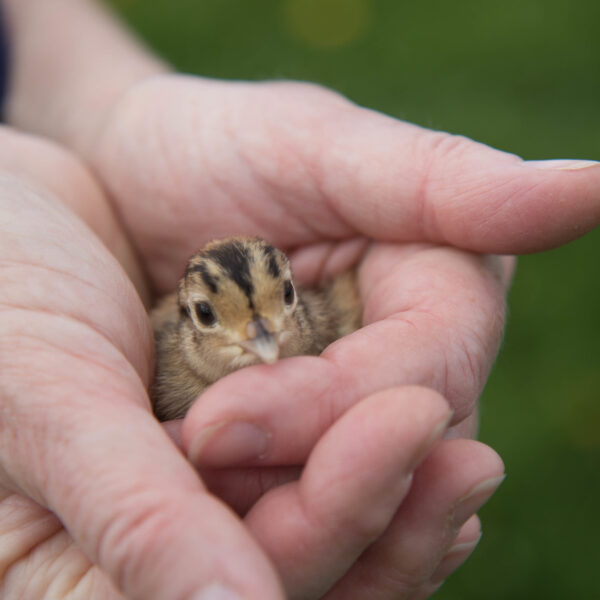
Biodiversity: a human right
A few days ago, the European Commission published a study entitled Biodiversity as a Human Right and its Implications for the EU's External Action.
The study was commissioned by the European Parliament's Human Rights Committee and conducted by a professor of global environmental law, Professor E. Morgera.
Biodiversity as a human right .... what a powerful idea.
It turns out that the author of the study refers to the fact that biodiversity is crucial for the enjoyment of different human rights and sets of human rights, which she brings together under the heading "biodiversity-dependent human rights". The right to life, the right to health, the right to food and the right to water. Children's and women's rights. Because of the existence of these fundamental rights and their biodiversity dependence, there is actually also a fundamental right to biodiversity.
The biodiversity dependency of the right to health was explicitly recognized in 2018 by the World Health Organization Assembly. Some of the findings in the 2016 report on which the recognition was based now sound harsh. This includes the finding that changes in ecosystems caused by human interventions increase the risk and impact of communicable disease transmission, because they increase contact on the human / animal / environmental interface and change the vector quantities, -composition and -distribution.
The attention to the biodiversity dependence of children's rights is appealing. Approaching children's rights with regard to their biodiversity-dependent approach could mean that countries should give access to justice with regard to biodiversity loss.
Of course, there is also a link between biodiversity and the fundamental right to a healthy living environment. The United Nations Special Reporter on Human Rights and the Environment advocates international recognition of a substantive (versus procedural) fundamental right to a healthy environment, which he believes should include: "clean air, a safe climate, access to clean water and adequate sanitation, healthy and sustainably produced food, non-toxic environments in which to live, work, study and play and healthy biodiversity and ecosystems" (Boyd, 2019).
The study concludes with a series of policy recommendations
Associated areas of specialisation: Environment